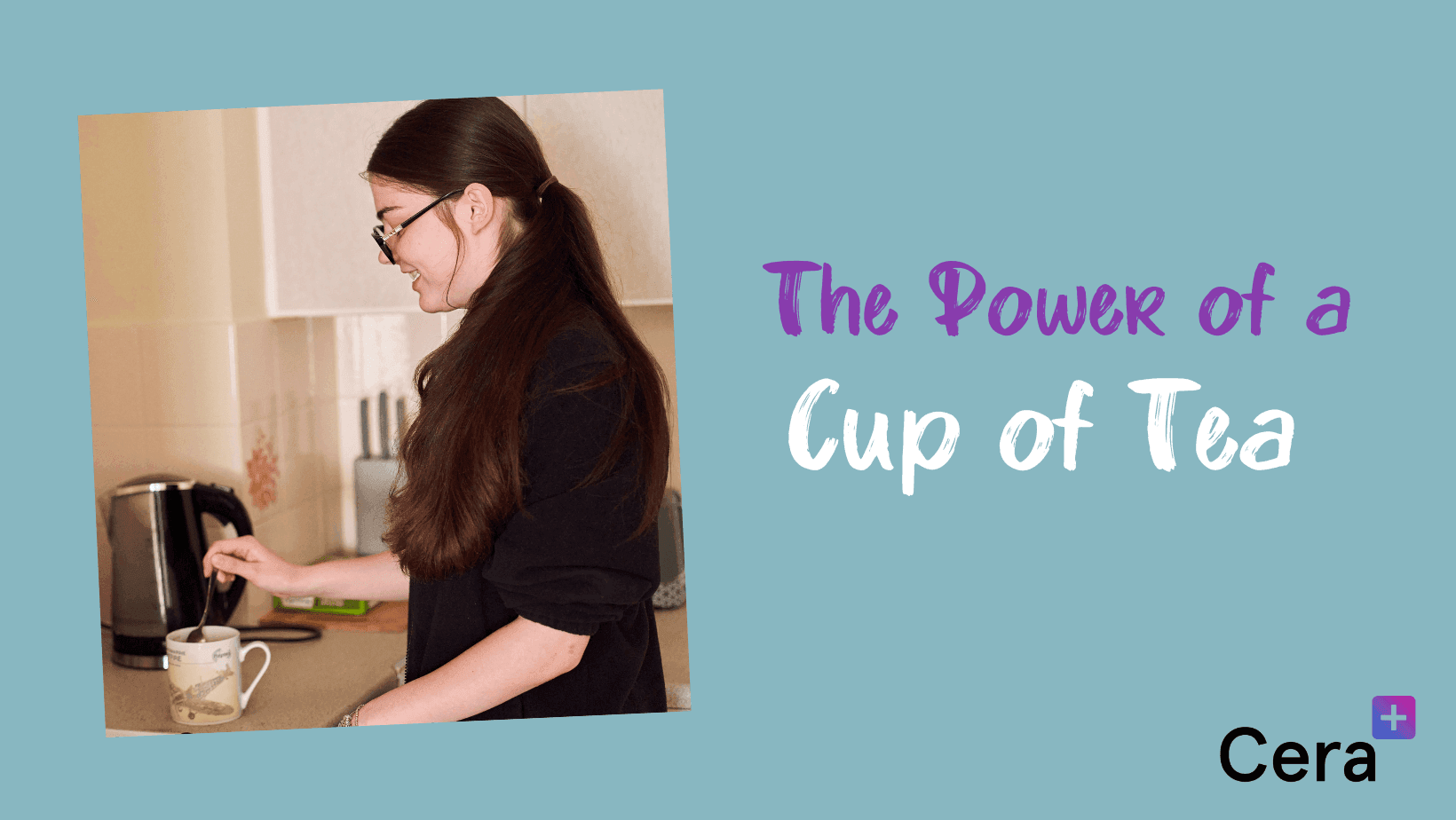It’s time to talk about coping with grief when caring ends
In care we think a lot about the mental health and wellbeing of our service users. But what about the impact on our heroes of healthcare, carers? Whilst we all know that working in care is a hugely rewarding role, it is not without its challenges. End of life care and supporting those going through it can be difficult to navigate. That’s why we wanted to start a conversation about what this means for carers.
One carer said,
“We have to deal with a lot of end of life care which is really hard. But it’s also really rewarding to make sure that people at their end of life are comfortable and clean. Care is not all fun and games and you will have hard days, but the good days outweigh the challenging days.”
So what happens when you are facing those hard days? Whether it’s the loss of a service user you have been close to, or perhaps recognising someone's declining health, it is natural to feel worry or grief in these moments. Everyone will process those feelings differently, and it’s important to recognise signs in yourself, so you can balance them in a way that protects your mental health.
Some signs of grief could include:
- Feeling numb
- Intense sadness and crying
- Anger directed at the reason for the loss
- Guilt for not being able to do more
- And so much more (NHS grief after bereavement or loss)
It’s important to know that these are all natural feelings to have following a bereavement. Working alongside our carers we have compiled three top tips for navigating those emotions.
Speak to a manager or another carer. Sometimes just having a listening ear to hear how you are feeling can be all that it takes to help you process the experience. Working in the sector, they will understand the challenges that come with it better than most people, and managers will be able to direct you to services available to support your mental health. At Cera we offer a variety of resources to ensure our carers always feel supported in their roles and recognise the emotional impact of working in care.
Don’t isolate yourself. Be open with your family and friends about the difficult days. Although they may not know how to help, they can be more understanding of what you’re going through if you share it. Accept help if it’s offered, whether that is a cup of tea, a hug or a meal. It’s important to know that you are not alone and keep hold of those connections and relationships.
Access support. Whether it’s the support of services provided by the company you work for, charities, or the NHS, it’s important to reach out for help if you need it. You can access a great list of available charities and services collated by MIND here.
If you are feeling you are not coping well with these feelings you can also reach out to your GP who will be able to help you access services and care so you and your mental health are supported appropriately.
Finally we wanted to leave you with a quote from another of our carers.
“Whilst it has its challenges, care is the most rewarding career. With end of life care, you are not only supporting the service user, but their family too. The care you give is something that they will always remember, which makes it all so worthwhile.”
You are not alone, you are appreciated and you are making a difference to families and service users in your community. Thank you for all you do.
More about working in care

Addressing Men's Mental Health
Here are some factors affecting mental health for men, including the impact of stigma and men’s reluctance to seek advice, and how support networks can help.
Effective Communication: Building Bridges with Autistic Adults in Inclusive Care
Key tips for communicating with autistic adults, fostering a more inclusive and supportive environment.